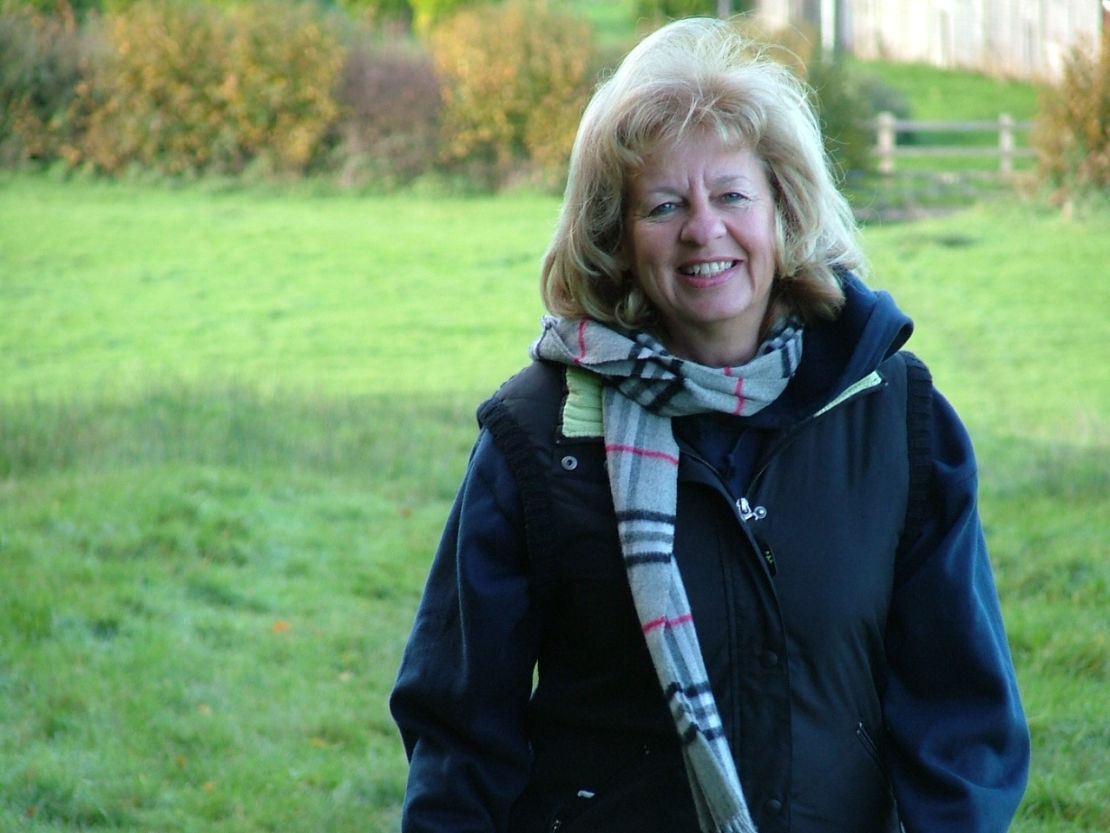Editor’s Note: Lesley Abdela is senior partner in Shevolution Consultancy, which has provided training and guidance aimed at women’s empowerment in politics, on women’s rights issues and in conflict situations in 40 countries. She has written for many publications, including The Guardian and The Sunday Times.
Story highlights
Lesley Abdela: Treatment of women a good weather vane for wider state of politics in Turkey
She says Erdogan says women should reproduce more; he says he's secular, doesn't sound it
She says Gezi Park tumult shows divisions between secular and hinted-at Islam state
Abdela: Erdogan had success leading thriving nation, now out of touch, over-confident
In my travels around the world I have noted how attitudes toward women are a pretty accurate weather vane indicating what is happening in the wider politics of a country. In visits to Turkey in the past three years I saw rising anxiety about razor-sharp divisions between the secular and those who want a society where women “breed” for their country and wear the hijab.
In May, Turkish women’s rights activist Efsa Kuraner e-mailed me from Istanbul, “Things are fast going down the plughole, it’s pretty depressing. The Islamic twist is becoming suffocating with how the prime minister keeps trying to cajole women to stay home and have three to five children. They are offering early retirement to women for having upwards of three kids..!! Divorce is frowned upon. Abortion is all but banned. Only there in name. I am afraid darker days are yet to come.” Her predictions were prescient.

The divisions have now cracked wide open. A peaceful protest by Istanbulites against plans to chop down ancient trees and transform the city’s largest public park, Gezi Park, into a large shopping mall has erupted into a far wider protest. BBC reports say the unrest has spread to 60 cities and towns across Turkey, including the political capital Ankara and popular tourism centers of Bodrum, Konya and Izmir.
Is Gezi Park Turkey’s Tahrir Square moment?
On Saturday I received an e-mail with an eyewitness account from a women’s organization with offices in the heart of Istanbul. It read: “Three days ago at midnight bulldozers charged into Gezi Park, home to century-old trees. Concerned citizens quickly shared this information on Facebook, Twitter (#direngezipark, #occupygezi), Instagram, and other social media, and numerous other people joined them to stop the destruction. From then on, protesters have been occupying Gezi Park day and night, despite being attacked by police forces with pepper gas and high-pressure water jets.”
Opinion: Why Turkey’s protests are no Arab Spring
Turkish Prime Minister Recep Tayyip Erdogan has for some time been alienating his liberal supporters. He seems out of touch. Last year, he characterized abortions and even cesarean sections as “secret plots” to hinder the country’s growth. In January, Erdogan called on Turkish women to have “at least four or five children” in the name of the country’s “grandeur” and faster economic growth. He assigned four government ministers to work on population policy and proposals for family expansion.
The prime minister’s Justice and Development Party has its roots in political Islam, but Erdogan insists he is committed to Turkey’s secular state. The protesters, unconvinced by his claim, are waving flags emblazoned with photographs of past President Mustafa Kemal Atatürk, who, beginning in 1923, began Turkey’s transition from Ottoman Empire into modern, Western-style secular state with a program of political, economic and cultural reform.
Thousands of new schools were built, and primary education was made free and compulsory. Atatürk’s message to the 1935 International Alliance of Women - Congress in Istanbul was: “The exercise of civil and political rights by women is a necessity for the happiness and prestige of humankind.”
The Turkish media appear slow to respond to the events of the past few days. Kuraner e-mailed me on Monday: “….total black-out of Turkish media. … we are quite speechless. … never seen the media of any country remain soooo silent while a mini revolution was raging all around. … a supposed democratic country that is!!”
After winning three elections, Erdogan has grown overconfident. Many complain about his increasing authoritarianism. He is scheduled to leave Turkey this week for a four-day visit to North Africa. Some hope he won’t return and will step down so things won’t escalate.
Erdogan has been in power since 2002. His electoral success was mainly due to the economy; Turkey is the sixth biggest economy in Europe. The decade of rule of Erdogan’s AK party has coincided with a time of prosperity. Per-capita income has tripled, exports have increased nearly tenfold and Turkish banks are in good health. The opposition parties (save the Kurds) have until now been weak and divided.
The challenge to both the protesters and the government is to achieve change through the ballot box, not though police brutality nor the bullet. The Turkish government’s future policies toward women will be an indicator of the future direction the country will take.
Follow us on Twitter @CNNOpinion.
Join us on Facebook/CNNOpinion.
The opinions expressed in this commentary are solely those of Lesley Abdela.





























































































































